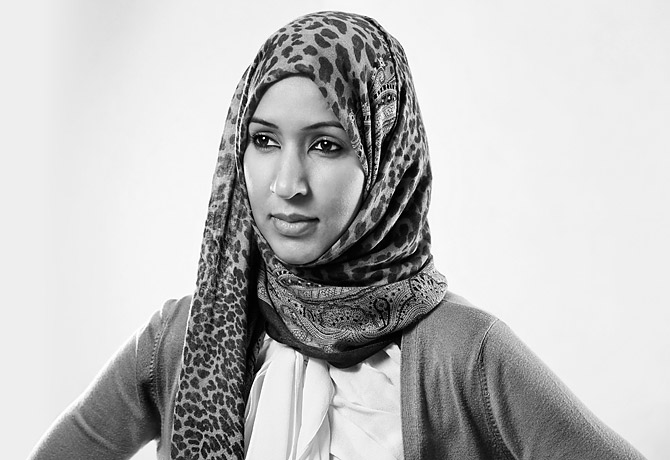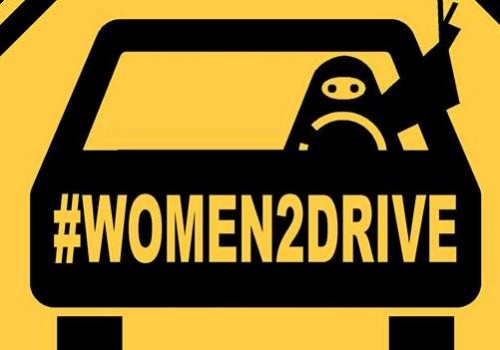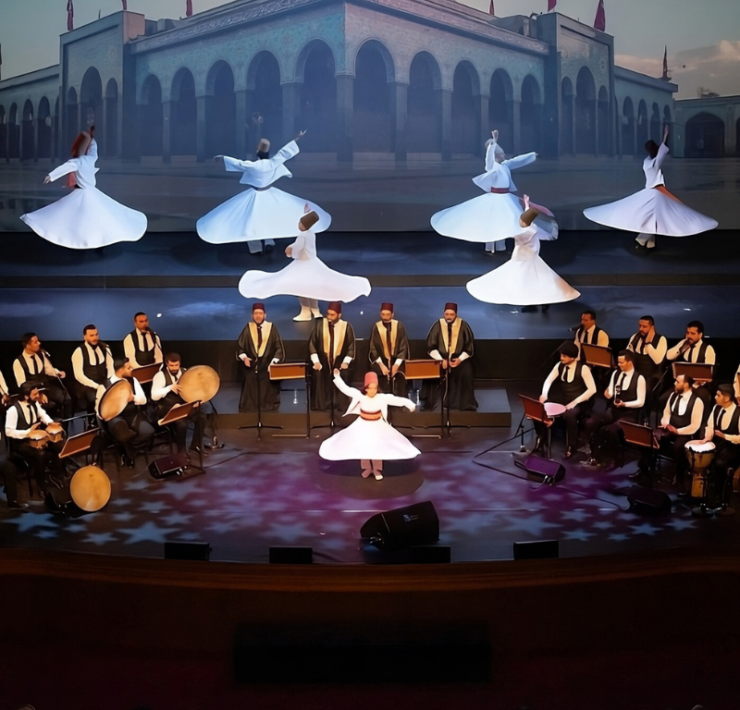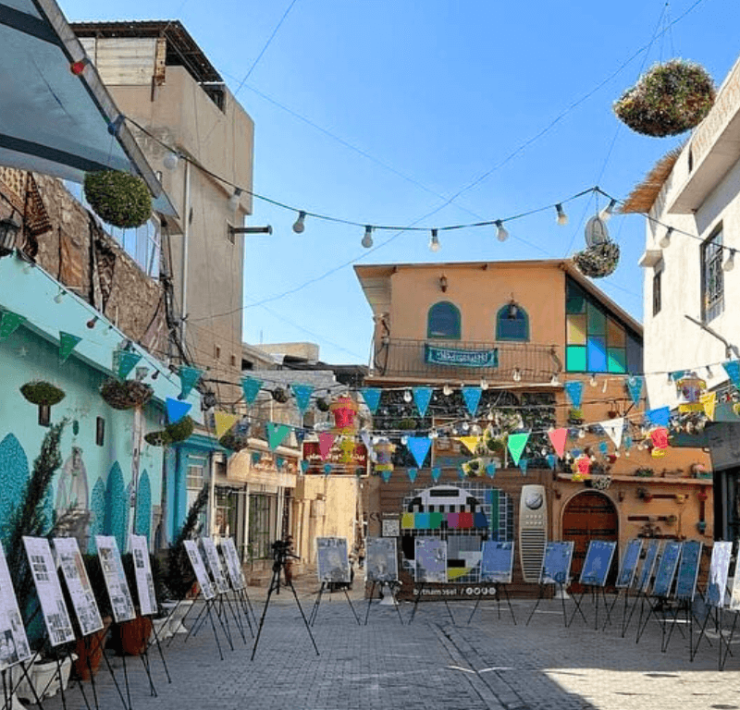“Rain begins with a single drop.”
If you’re looking for some inspiration this week, look no further than Saudi activist Manal Al Sharif’s recent book, Daring to Drive. It tells the story of a fearless Saudi woman who went from living in a poverty, to being radicalised by her extremist education, to risking her life and her freedom to fight for the right to drive for Saudi women.
 While one might imagine skyscrapers, highways, and vast oil refineries when picturing Saudi Arabia, Manal al-Sharif grew up in a very poor area of the Holy City of Mecca. Violence and drug use in the nearby slums forced Manal to spend the majority of her childhood in her family’s tiny apartment, where she suffered physical and verbal abuse at the hands of her family.
While one might imagine skyscrapers, highways, and vast oil refineries when picturing Saudi Arabia, Manal al-Sharif grew up in a very poor area of the Holy City of Mecca. Violence and drug use in the nearby slums forced Manal to spend the majority of her childhood in her family’s tiny apartment, where she suffered physical and verbal abuse at the hands of her family.
As a child, Manal turned to books and drawing to escape her surroundings, but when she reached high school she turned to Islam, becoming radicalised by the extremist Wahhabi rhetoric that permeated the Saudi education system (Wahhabism is a school of Islam that has inspired the doctrines of extremist groups like Al Qaeda and Islamic State). Manal refers to this period of her life as her “extremist days”, sharing in the book how she would burn her family’s magazines and cassette tapes because she believed music was haram (forbidden).
This kind of behaviour was not uncommon in Saudi Arabia at the time, though this has not always been the case. After the discovery of oil in the 1930s, the Saudi kingdom became increasingly liberal as its economy and society opened up to the outside world. But that all changed in 1979, when a Saudi extremist named Juhayman from the central Najd region (the birthplace of Wahhabism) led a siege on the Grand Mosque in Mecca in protest to modernisation and development in the country, which he saw as un-Islamic.
After ending the siege, the Saudi government decided that the best way to counter the threat from extremist voices like Juhayman’s was to embrace Wahhabism and the extremist, conservative values it promotes. Radical books, brochures and cassette sermons were (and continue to be) distributed in schools, mosques and markets. Meanwhile, the Wahhabi religious establishment were given overwhelming control over society – particularly education.
 Saudi soldiers fought their way into the Grand Mosque in Mecca in 1979 to end the siege
Saudi soldiers fought their way into the Grand Mosque in Mecca in 1979 to end the siege
As Manal explains in the book, women in particular felt the full impact of this move. In the weeks after the uprising, female announcers were banned from television. Pictures of women were censored in newspapers and the government cracked down on the employment of women. Wearing trousers, styling one’s hair and plucking one’s eyebrows became taboos as clerics denounced them as haram. The niqab (facial covering) soon became commonplace and women were banned from driving.
With these everyday limitations came other restrictions for women, many of which were underpinned by a legal system and a society that inherently favours men. Manal explains how, until 2012, there were no domestic violence codes in Saudi Arabia to protect women or children from abuse in the home. Saudi law also enforces a strict guardianship system, whereby a male family member must provide permission for women to undertake the most basic activities, like applying for an identity card or travelling outside of the country.
In Daring to Drive, Manal sheds light on the importance of virginity in Saudi society, which she argues determines a girl’s fate. As a child, Manal was not allowed to partake in physical activities such as running, jumping or climbing in case it led to her losing her virginity. She also bravely recalls one of her most painful and personal memories – her circumcision at the age of eight. She writes that the process was “painful and degrading and left deformities that serve as a constant reminder”. Despite the fact that the basis for this practice is not religious but societal, the number of cases has risen in Saudi Arabia in recent years.
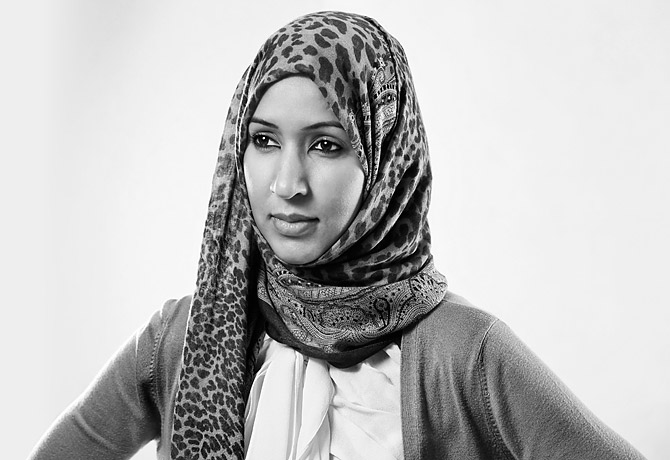 “So it was that a few minutes on a single summer morning forever altered my life in about as much time as it takes to unlock a car door, slide into a seat, pull a seat belt tight, engage the engine, and back out into the street.” (image: Time Magazine)
“So it was that a few minutes on a single summer morning forever altered my life in about as much time as it takes to unlock a car door, slide into a seat, pull a seat belt tight, engage the engine, and back out into the street.” (image: Time Magazine)
But in spite of her difficult upbringing, Manal was always determined to work hard, learn and gain independence. She completed a degree in Computer Science at King Abdulaziz University in the coastal city of Jeddah. Jeddah is a considerably more liberal city than Mecca, and it was during her time there that Manal began to question the extremist ideology she had been brought up with. This ideology was challenged further still when she moved across the country to work for ARAMCO, Saudi Arabia’s oil company.
When Manal made the move to the Eastern Province, she initially found life and work impossible. She was unable to rent an apartment without a male guardian, could not drive to the compound for work and was not allowed to take the male-only ARAMCO bus. Her story is not unique in Saudi Arabia. Women rely on drivers, who are usually foreign, some of whom have never had driving lessons or taken a driving test. This is not only expensive but also dangerous. Manal writes in her book that almost every woman she knows has been harassed (at the very least) by a driver.
 Manal Al Sharif driving in Dubai in 2013 (image: Hindustan Times)
Manal Al Sharif driving in Dubai in 2013 (image: Hindustan Times)
Eventually she moved into the ARAMCO compound itself, which she described as resembling a southern Californian city. Life within the compound was completely different to outside of it. She could uncover her face and her head, work alongside men and drive a car. It was during this period of her life that she “accidentally” became an activist.
Brave and determined, Manal started the Women2Drive initiative, encouraging women inside the Kingdom to take to the wheel in defiance of the custom that says they are not allowed. In Daring to Drive, she explains that there is no law stating that women cannot drive, but that Saudi custom – which has often been violently enforced by the religious police – prevents it.
But while driving through the city of Khobar, Manal was arrested and forced to sign a declaration that she would not drive again in the Kingdom. But this was not enough. In the middle of the night, police and security personnel came to her house, demanding that she come with them to the police station for further questioning. She was then put in prison for “driving while female”.
Though she was released nine days later, the experience only reinforced her determination to fight for the right of Saudi women to drive. In a recent speech, she explained that driving is a symbol of the liberation and emancipation of women. The inability to drive literally imprisons Saudi women and leaves them at risk of abuse and harassment by unknown male drivers – though some Saudi religious clerics insist that if women drive, rates of crime, prostitution and immoral behaviour will be swiftly on the rise.
Despite the resistance and persecution she has personally faced as a result of her actions, Manal will not give up the fight. She believes that every person who stands up for what they believe in has the potential to create widespread change. The inspiring message of her book and her struggle is simple: “Rain begins with a single drop”.
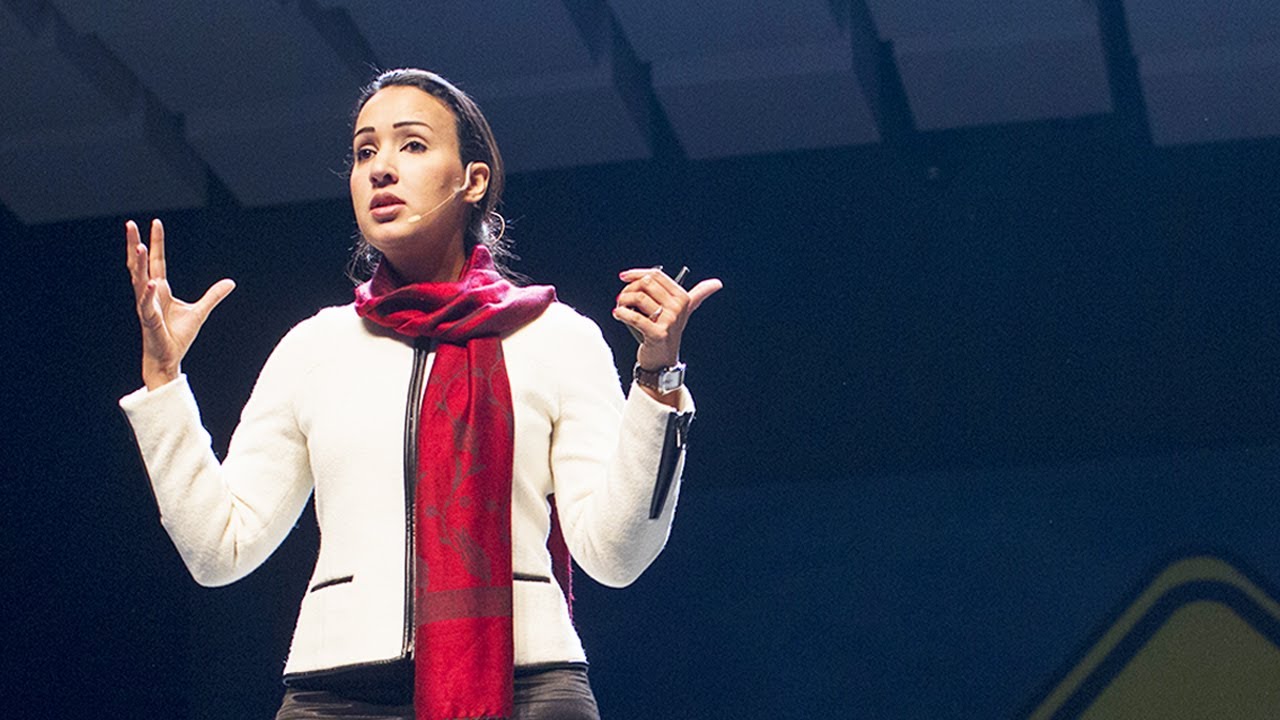 In 2012, Manal Al Sharif was named one of Time Magazine’s 100 most influential people
In 2012, Manal Al Sharif was named one of Time Magazine’s 100 most influential people
Buy Daring to Drive now on Amazon
Since Manal’s book and this article were published, the Kingdom of Saudi Arabia has lifted the ban on women driving.
If you enjoyed this, you might also like:
Cairo’s Ballerinas are redefining Egyptian society
Shift – 3 female Saudi artists reflect on their changing culture in a London exhibition

